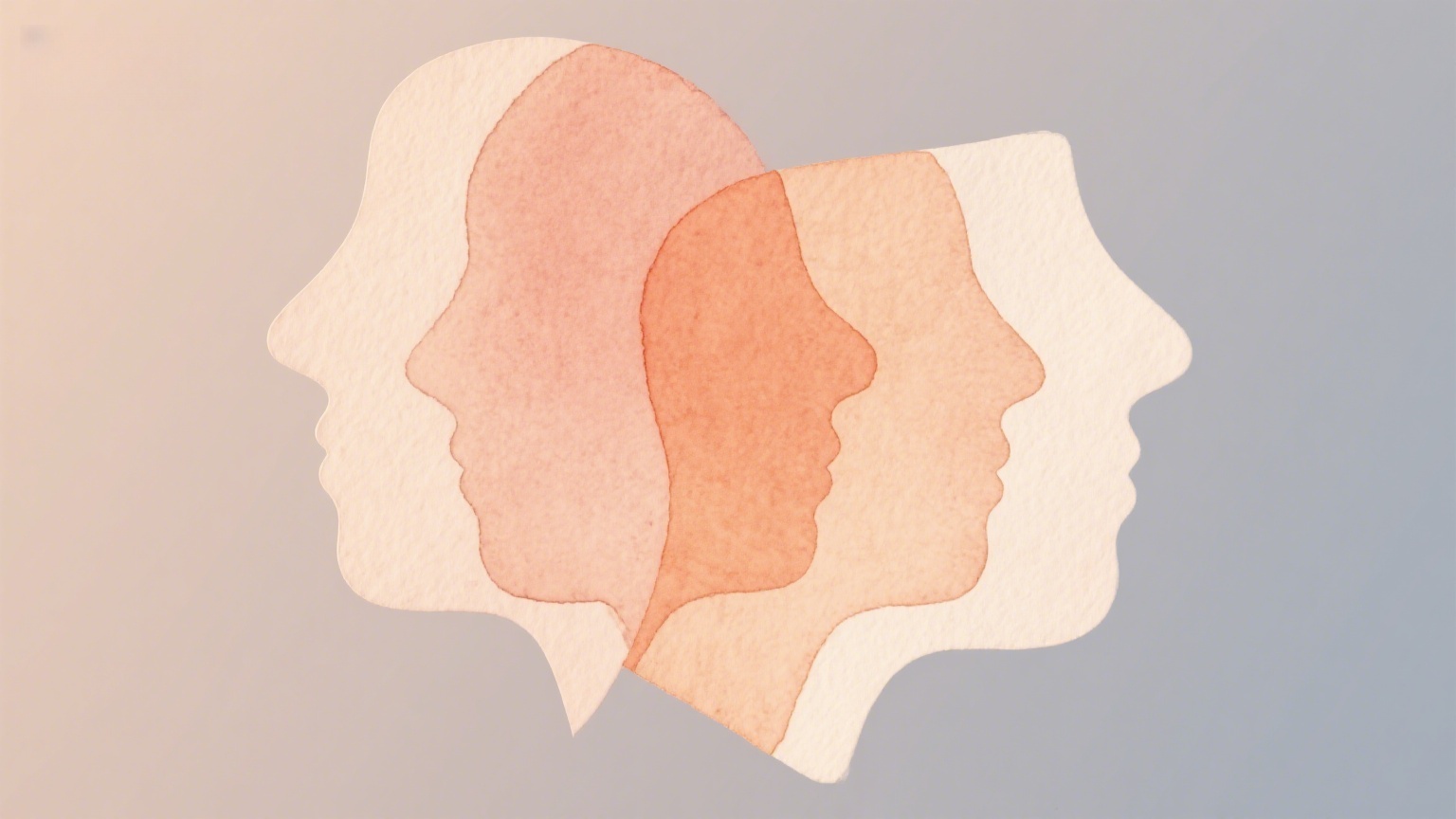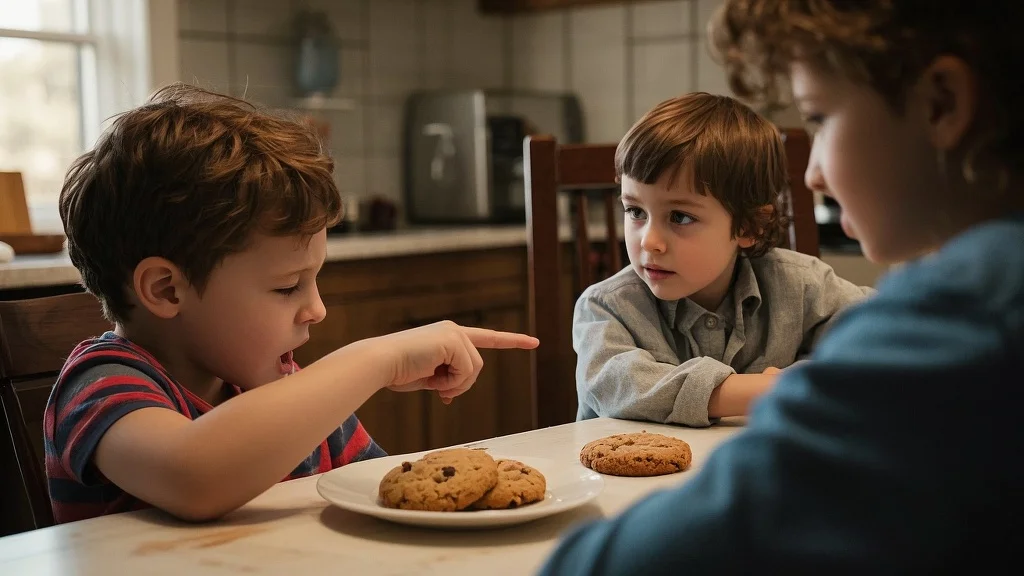Even well-meaning compliments can hurt young people, especially when they involve race or ethnicity. Many adults don’t realize the fine line between a genuine compliment and a microaggression—subtle, often unintentional acts of discrimination.
Microaggressions stem from cultural biases and a lack of exposure to diverse backgrounds. What sounds like praise to one person may carry harmful assumptions, making children feel singled out, insecure, or misunderstood.
Here are some common phrases to avoid—and why they can be damaging:
1. “You speak so well!”
This may seem like praise, but it implies surprise that a person of color could articulate themselves properly. It reinforces stereotypes that certain groups are less articulate, making the child feel like an exception rather than an equal.
2. “You’re so exotic!” or “The best of both worlds!”
Calling someone “exotic” or praising mixed-race features for being “white-passing” upholds Eurocentric beauty standards. It suggests that certain traits are only valuable when they align with whiteness, dismissing the beauty of their full heritage.
3. “Say something in [your language]!”
Requesting a “performance” of someone’s native language reduces their culture to entertainment. It also assumes language proficiency based on appearance—not every Latino speaks Spanish, and not every Asian speaks Mandarin.
4. “I wish I had your hair!”
While meant as admiration, this comment ignores the discrimination many face for their natural hair. Terms like “good hair” (often used for looser curls) imply that textured hair is “bad,” reinforcing harmful beauty standards.
5. “You’re so articulate for a [race] person.”
This backhanded compliment suggests that eloquence is unexpected from their racial group, perpetuating stereotypes.
Key Takeaway
Words matter. Even “positive” remarks can carry hidden biases, making children feel like outsiders in their own identities. Instead of focusing on race or ethnicity, praise effort, creativity, or kindness—qualities that empower without othering.








